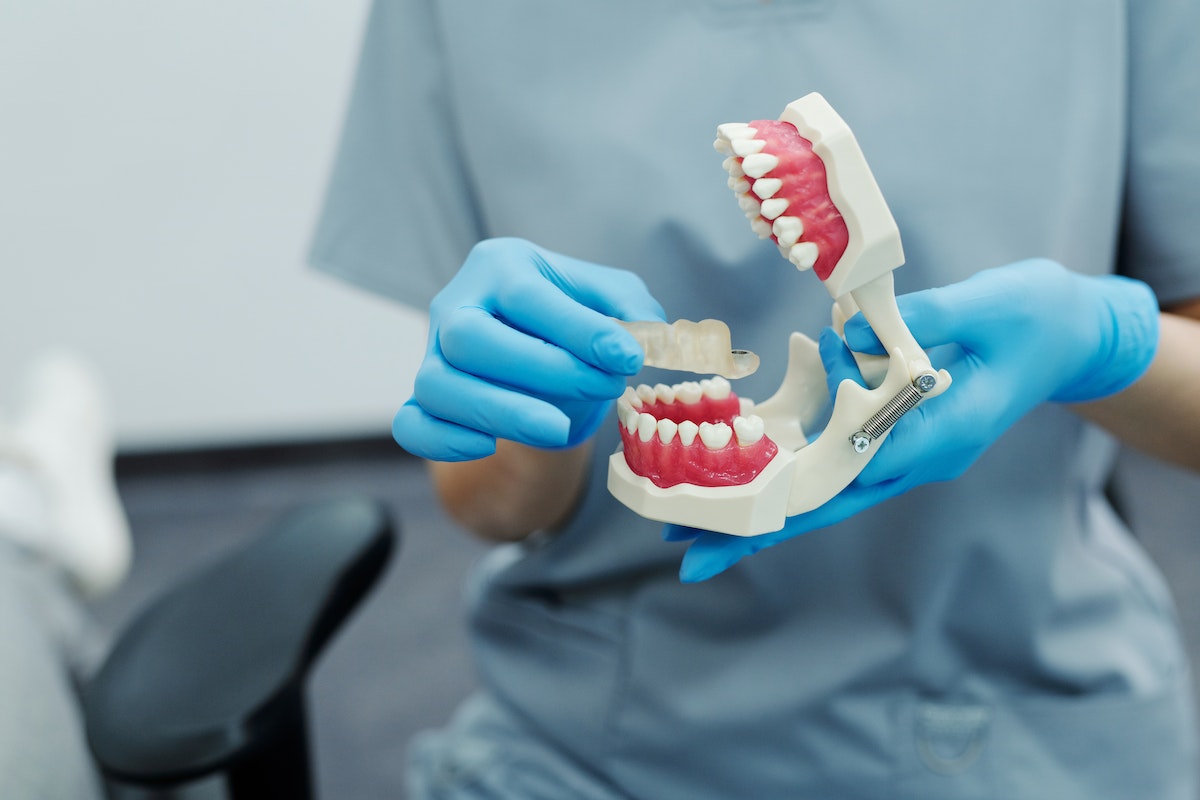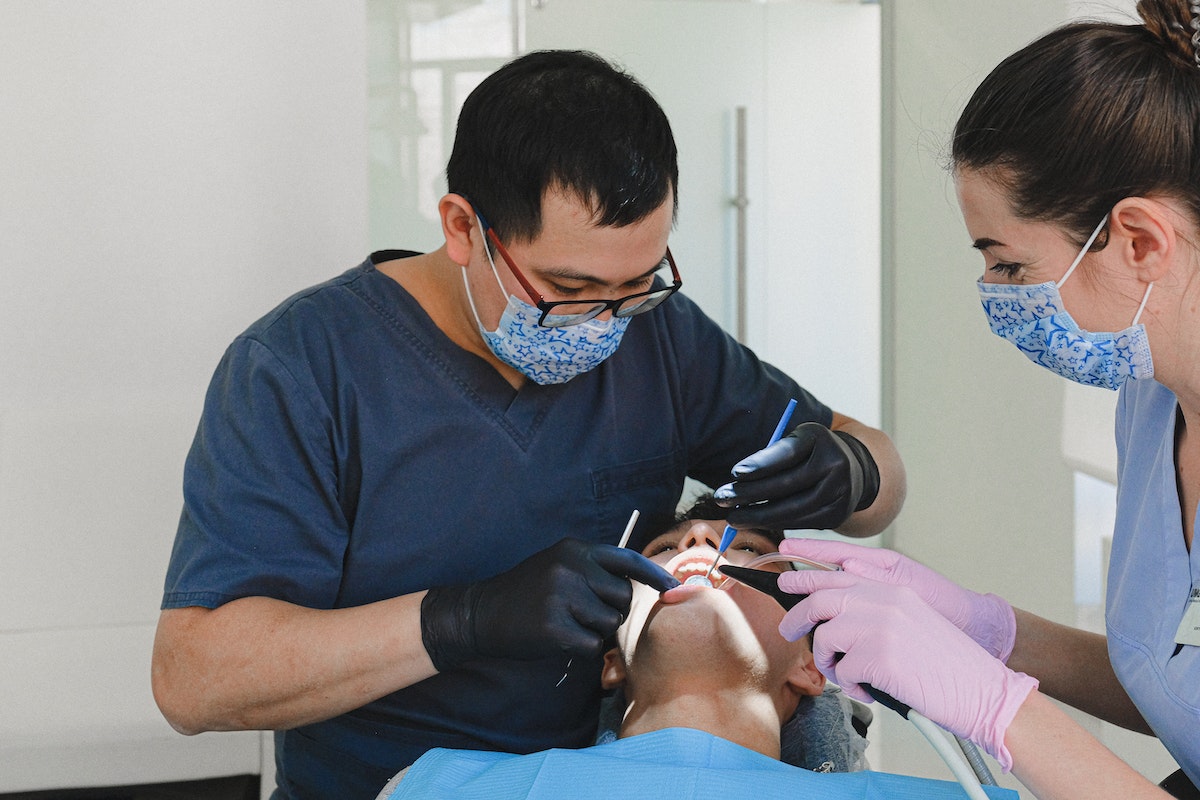- Perform jaw exercises to stretch and strengthen jaw muscles.
- Consider tooth replacements such as implants, bridges, or dentures.
- Avoid excessive chewing and stressful habits such as hard foods, gum, clenching teeth, and yawning too much.
- Visit your dentist regularly for check-ups and preventive measures.
- Participate in physical therapy to improve voluntary and involuntary muscle control.
You’ve been living with an impaired jaw for some time now, and it’s taking its toll on your daily life. The pain, discomfort, and frustration of not being able to open your mouth wide enough to eat properly can be particularly distressing. The good news is that restoring your jaw function doesn’t have to be an impossible task. Here are a few practical tips you can use to help bring back the full range of motion in your jaw.
1. Perform Jaw Exercises
The first step in restoring your jaw function is to start doing simple jaw exercises. These exercises can help stretch and strengthen the muscles in the jaw, which will help improve the range of motion and reduce pain. Start by placing a finger on either side of your mouth and slowly opening your jaw as wide as possible without straining it. Hold this position for 10-15 seconds before gently closing your jaw. Do this 5-10 times a day, depending on how comfortable you feel with it, and gradually increase the number as you build up strength in your jaw muscles. Additionally, try using resistance bands or gum chewing to strengthen the muscle groups.
2. Consider Tooth Replacements

If your jaw dysfunction is due to missing teeth or dental implants, you may want to consider getting tooth replacements. Dental implants are a great way to restore the look and feel of natural teeth and can provide long-lasting support for the jawbone and muscles. Replacement tooth options such as bridges or dentures can also help improve function by providing extra support in areas where teeth are missing or weakened. Whatever option you choose, you must consult your dentist first, so they can create a custom treatment plan to fit your specific needs.
3. Avoid Excessive Chewing and Stressful Habits
When dealing with a limited range of motion in your jaw, you must avoid putting too much stress on it by chewing for extended periods or engaging in certain stressful habits. Doing so can cause the jaw muscles to strain and become even more impaired than before.
Here are some stressful habits you should avoid:
Chewing Hard Foods
Eating hard foods like nuts, ice cubes, or hard candy can put a lot of strain on your jaw and worsen your limited range of motion. Avoid these as much as possible and opt for softer alternatives instead.
Chewing Gum
Chewing gum can also cause strain on the jaw muscles, leading to further impairment in the range of motion. If you must chew gum, try opting for sugar-free varieties that don’t require much effort from your jaw muscles.
Clenching Your Teeth
Clenching your teeth over long periods can lead to tension headaches and other complications related to limited jaw mobility, so avoiding this habit and practicing relaxation techniques is essential.
Yawning Too Much
Yawning excessively can cause stress and tension in the jaw muscles, so it’s essential to avoid this habit as much as possible. If you are yawning a lot, try to relax your jaw by gently massaging it or using ice packs.
4. Visit a Dentist Regularly

Visiting your dentist regularly is essential in restoring your jaw’s full range of motion. Your dentist can assess any potential causes for your limited jaw function, such as misaligned teeth or weakened muscles, and make recommendations for correcting them. Additionally, they will advise on how best to protect healthy teeth from further damage or decay resulting from a weakened bite.
Regular dental checkups are also crucial for identifying early signs of gum disease, which can interfere with your jaw’s ability to move correctly. Your dentist may recommend a professional cleaning or other treatments to help reduce the risk of periodontal problems. They can also provide preventive measures such as fluoride treatments and sealants, which protect teeth against decay and weakening.
5. Participate In Physical Therapy
If you still have difficulty opening and closing your mouth after trying all the above tips, it may be time to consider seeing a physical therapist. A physical therapist can help you develop an exercise program tailored to your specific needs and goals and provide guidance on properly using splints and other devices to help with jaw movement.
Physical therapy can also be beneficial in restoring regular mouth movements. It utilizes exercises that work on voluntary and involuntary muscle control, so it’s useful for people with TMJ disorders and injury-related jaw problems. With a personalized approach, physical therapy helps to alleviate pain, improve the range of motion and increase the strength of the jaw muscles
Final Words
Restoring your full range of motion in your jaw doesn’t have to be frustrating. With the right exercises, dental treatments, and lifestyle changes, you can get back to enjoying the full functionality of your jaw once again. So don’t wait — start taking steps today toward restoring your jaw function!

